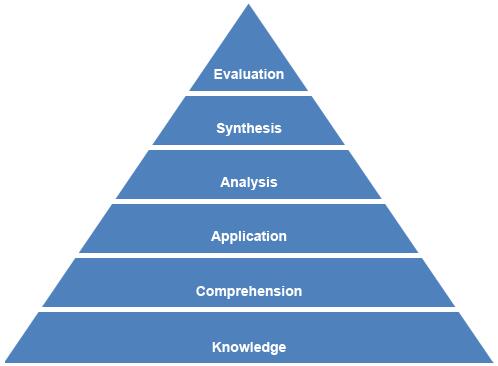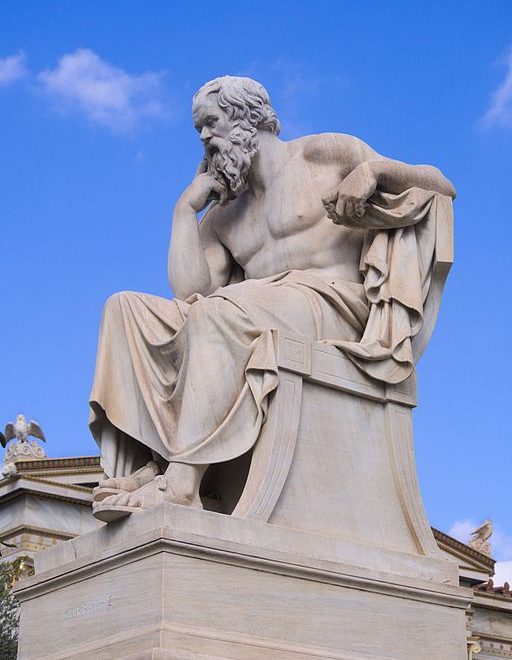Tag: The Liberal Arts Tradition
-
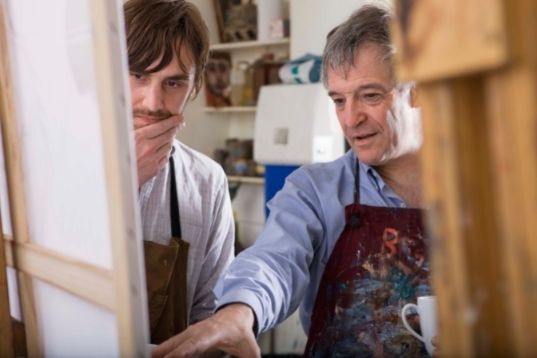
Apprenticeship in the Arts, Part 1: Traditions and Divisions
The previous two articles have paved the way both for our discussion of Aristotle’s intellectual virtue of techne, artistry or craftsmanship, as well as the intellectual virtue of phronesis, practical wisdom or prudence. In a strict sense, the analogy between artistry and morality is aside from our central argument, which consists in working out the…
-
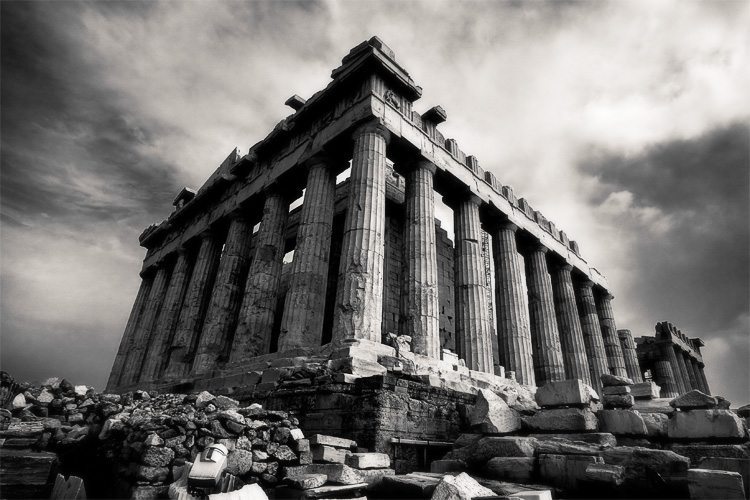
Charlotte Mason and the Liberal Arts Tradition, Part 2: Educating the Whole Person
What has Charlotte Mason to do with classical education? In my first blog in this series, I began exploring this question through a close reading of Kevin Clark and Ravi Jain’s The Liberal Arts Tradition: A Philosophy of Christian Classical Education. In this book, Clark and Jain offer a paradigm for understanding classical education as…
-
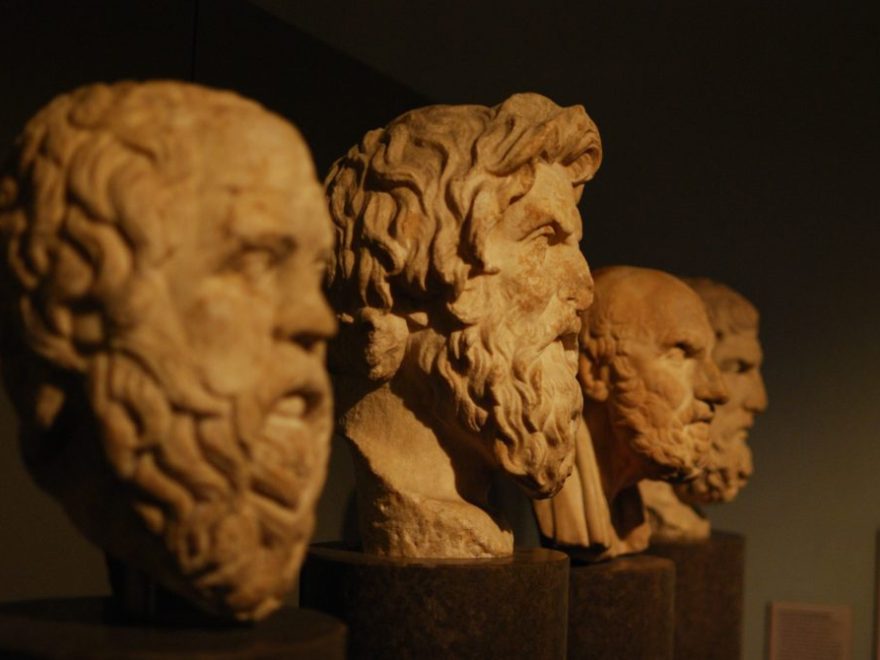
Charlotte Mason and the Liberal Arts Tradition, Part 1: Mapping a Harmony
“What has Athens to do with Jerusalem?” the church father Tertullian skeptically asked. Tertullian was writing at a time in which church leaders were weighing the pros and cons of mining the Greco-Roman philosophical tradition for insights they could utilize in the development of a distinctively Christian philosophy. Similarly, within the Christian classical school movement,…
-

The Flow of Thought, Part 7: Rediscovering Science as the Love of Wisdom
In this series we’ve been finding arguments for a classical education from the unlikely realm of positive psychology, particularly Mihalyi Csikszentmihalyi’s classic Flow: The Psychology of Optimal Experience. After connecting the concept of flow with Aristotle’s link between virtue or excellence and eudaimonia (happiness or flourishing), we’ve been racing through aspects of the liberal arts…

